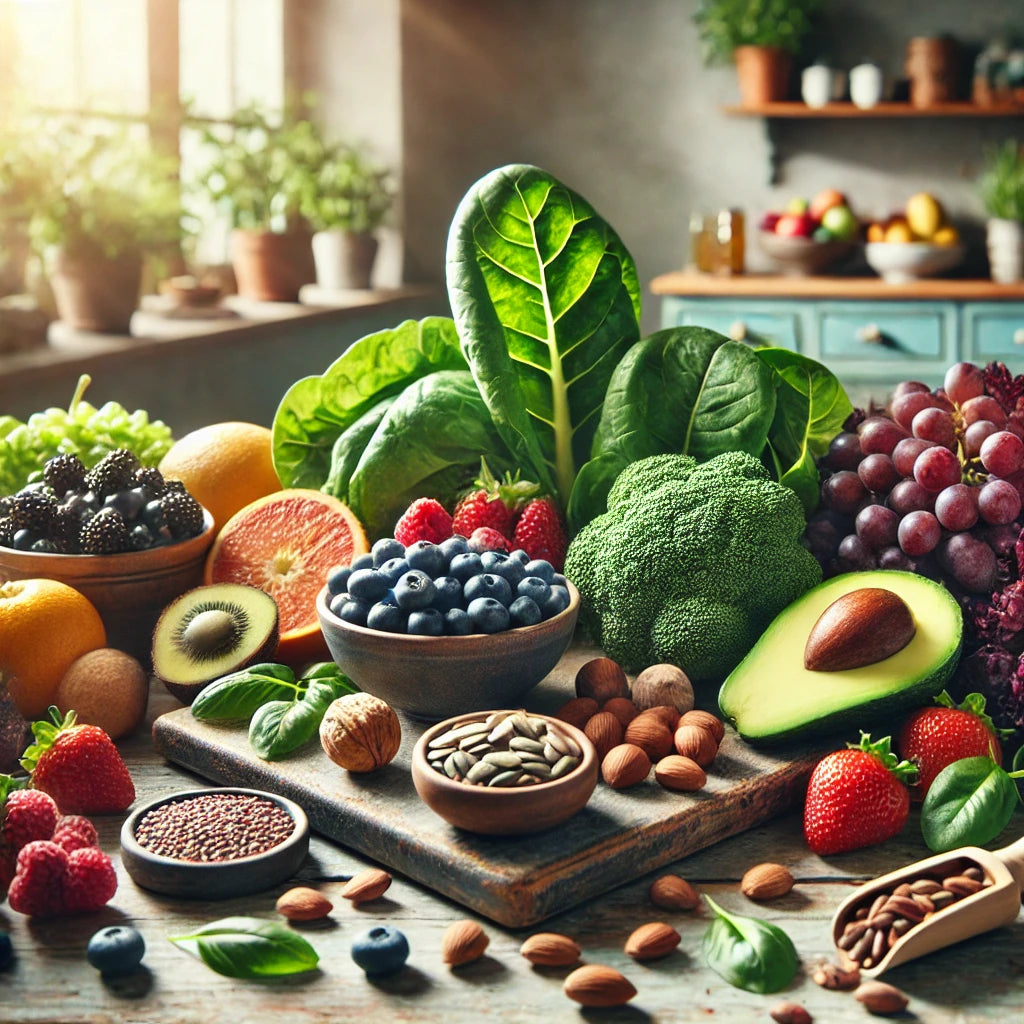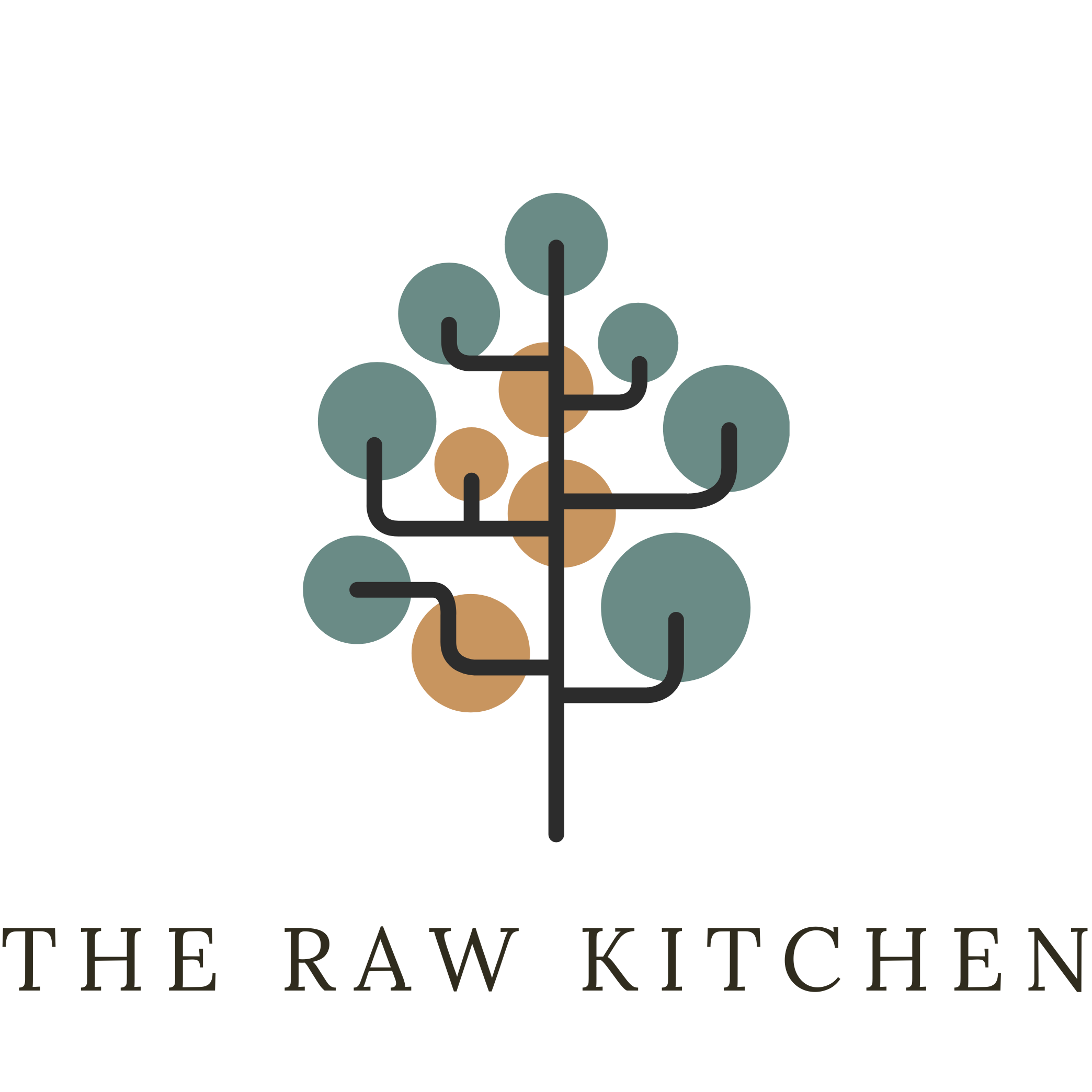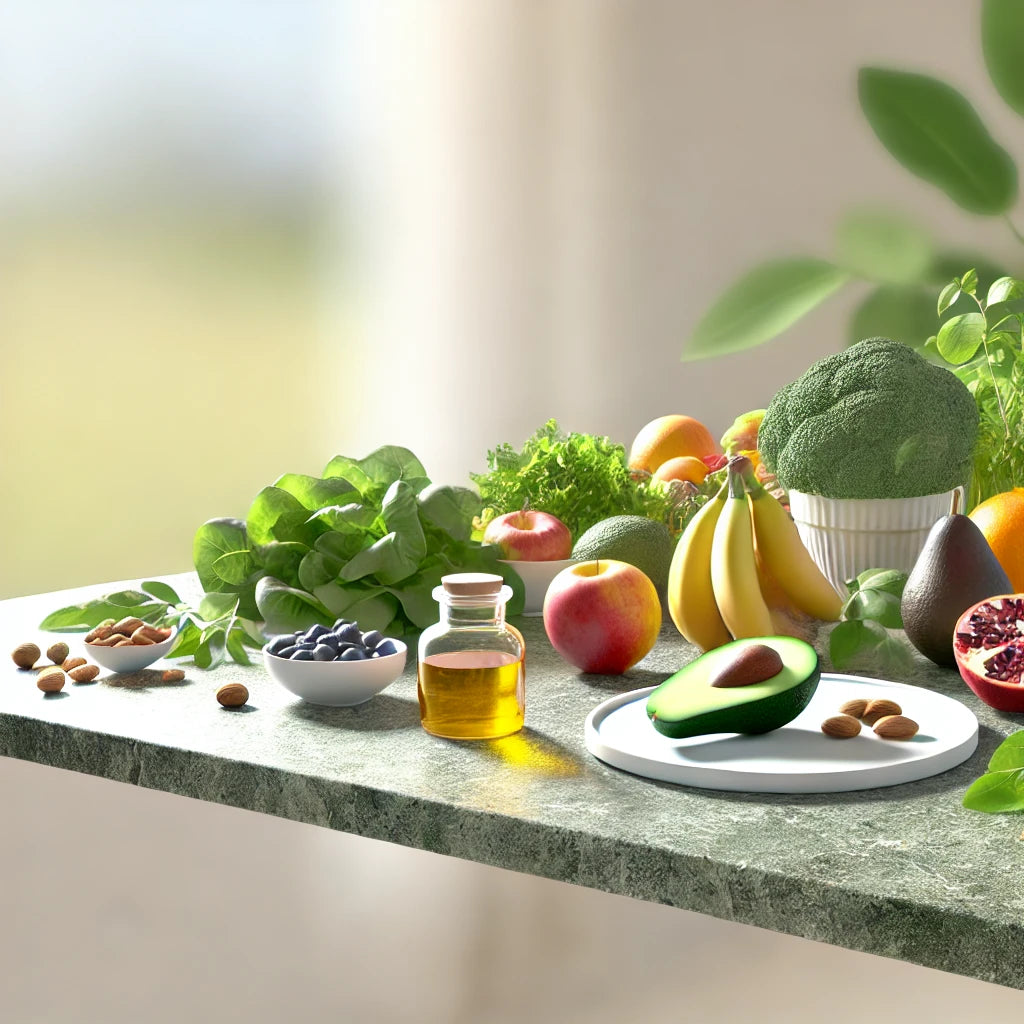
Are superfoods really super?
The term "superfoods" is often thrown around in health circles, marketing campaigns, and wellness blogs, promising everything from rapid weight loss to enhanced longevity. For this reason, I am not a fan of the word myself. But what exactly are superfoods, and do they live up to the hype? Let's explore whether they truly deserve their "super" status.
What Are Superfoods?
Superfoods are typically foods that are packed with high levels of vitamins, minerals, antioxidants, and other nutrients that are considered beneficial for health. Examples often include berries, leafy greens, nuts, seeds, and exotic items like spirulina, acai, and matcha.
The Facts: Why Some Superfoods Are Truly Super
High Nutrient Density
- Berries: Blueberries, strawberries, and acai berries are rich in antioxidants, which help combat oxidative stress and reduce inflammation. They are also high in vitamins C and K, fibre, and other essential nutrients.
- Leafy Greens: Spinach, kale, and Swiss chard are loaded with vitamins A, C, and K, along with minerals like calcium and iron. They also provide a significant amount of dietary fibre, supporting digestive health and regulating blood sugar levels.
- Nuts and Seeds: Almonds, walnuts, chia seeds, and flaxseeds are excellent sources of healthy fats, protein, fibre, and omega-3 fatty acids, which support heart health, brain function, and reduce inflammation.
Antioxidant Powerhouses
Many superfoods are lauded for their high antioxidant content. Antioxidants are compounds that protect your cells from damage caused by free radicals, unstable molecules that can lead to chronic diseases like heart disease, cancer, and neurodegenerative conditions.
- Turmeric: Contains curcumin, a potent anti-inflammatory compound that has been shown to reduce symptoms of arthritis and improve brain health.
- Green Tea: Rich in catechins, green tea has been associated with a lower risk of heart disease, improved brain function, and fat loss.
Potential Health Benefits
- Heart Health: Foods like avocados, nuts, and oily fish (such as salmon) are rich in monounsaturated and polyunsaturated fats that can help lower LDL (bad) cholesterol levels and reduce the risk of heart disease.
- Brain Function: Omega-3 fatty acids, found in fatty fish, flaxseeds, and walnuts, are essential for brain health and have been linked to a reduced risk of cognitive decline.
- Gut Health: Fermented foods like kefir, sauerkraut, and kimchi are packed with probiotics that promote a healthy gut microbiome, crucial for digestion, immune function, and even mental health.
The Fiction: The Limitations of Superfoods
No Single Food is a Magic Bullet
While superfoods are nutrient-dense, relying on a single food to achieve optimal health is unrealistic. A balanced diet that includes a variety of foods is more beneficial than focusing on a few so-called superfoods. Health is the result of overall dietary patterns rather than individual foods.
Marketing Hype
The term "superfood" is not a scientific classification but rather a marketing term. Many foods labeled as superfoods are exotic and expensive, such as acai berries or spirulina, but you can obtain similar nutrients from more accessible and affordable options like blueberries or spinach.
Potential Overconsumption
Believing in the superpowers of certain foods might lead to overconsumption. For instance, while nuts are healthy, they are also high in calories and can contribute to weight gain if eaten in large amounts. Similarly, excessive consumption of green tea can lead to caffeine overload or interfere with nutrient absorption.
Taking A Balanced Perspective
Superfoods can be a valuable part of a healthy diet due to their high nutrient content and potential health benefits. However, they are not a cure-all. The key to optimal health lies in a balanced, varied diet rich in fruits, vegetables, whole grains, lean proteins, and healthy fats. Incorporating a variety of nutrient-dense foods, including those considered superfoods, can certainly contribute to better health, but they should complement, not replace, other healthy dietary practices.
Remember, the power of superfoods lies not in their individual benefits but in how they fit into your overall diet and lifestyle.



Leave a comment
This site is protected by hCaptcha and the hCaptcha Privacy Policy and Terms of Service apply.